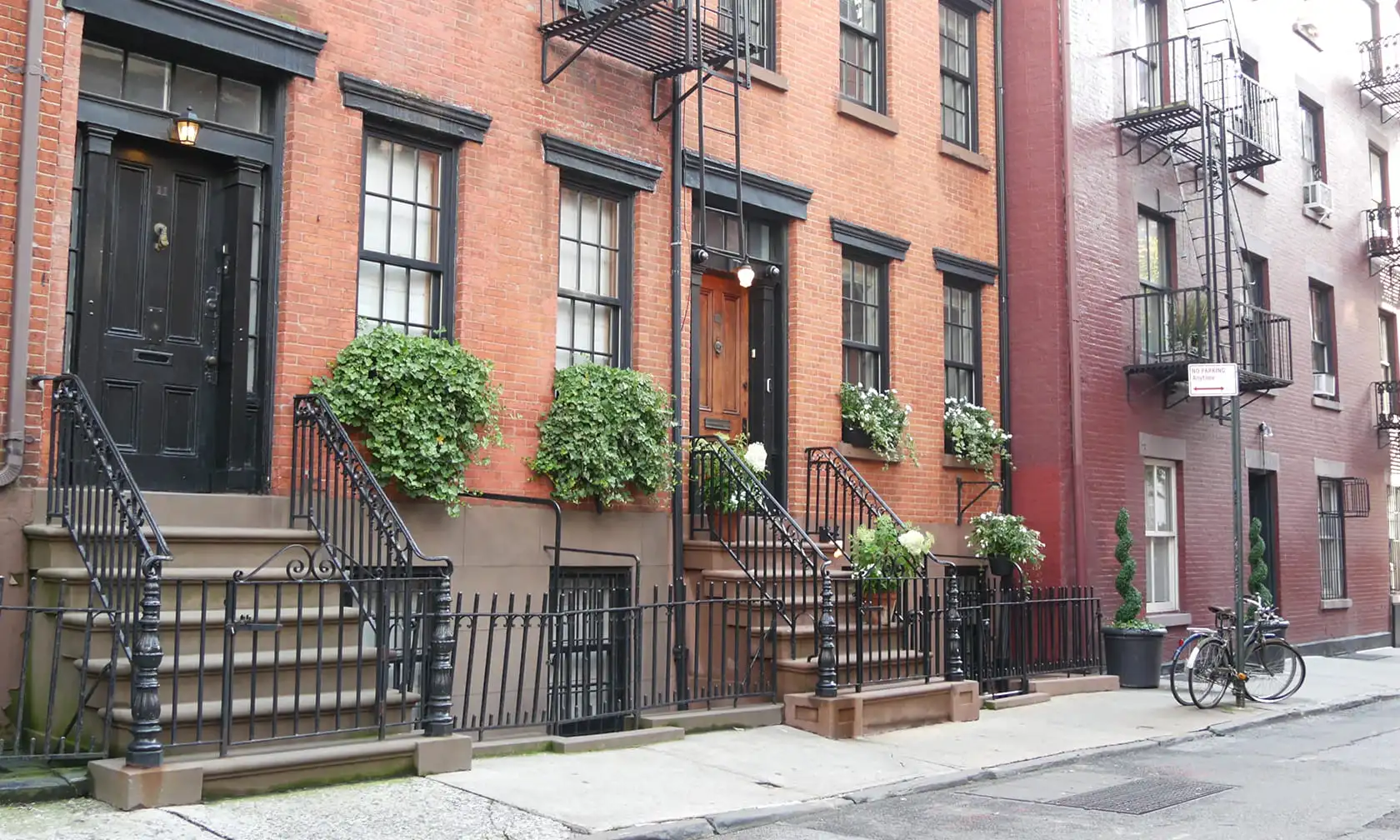
The Problem: Real Estate in Probate
When a property owner passes away, their estate, including real estate, typically goes through probate. Probate is a court-supervised process of validating the deceased’s will, settling debts, and distributing assets to beneficiaries. While this may seem straightforward, in a place like New York City, probate can be incredibly time-consuming, often taking months or even years to resolve, especially if there are complications like disputes or insufficient estate planning.
During this probate period, real estate can remain in limbo. In some cases, properties are left vacant for extended periods, making them vulnerable to squatters, vandalism, and decay, as highlighted by the brownstone case in the article. Beyond the physical and financial damage to the property, this creates unnecessary stress for heirs and neighborhood residents.
The Solution: Using Trusts to Avoid Probate
To avoid these risks, placing real estate into a trust can be a game-changer. A trust allows you to transfer ownership of your property during your lifetime, ensuring that it passes directly to your chosen beneficiaries upon your death without going through the lengthy probate process. Trusts provide several advantages:
1. Avoiding Probate Delays: When property is held in a trust, it passes directly to the designated beneficiaries, avoiding probate and any associated delays. This ensures that the property is not left vacant or unmanaged.
2. Protecting Property from Squatters: With a trust, the property is transferred quickly to the new owners or trustees, who can manage it immediately, minimizing the risk of squatters or other disruptions.
3. Continued Occupancy and Management: If the property is left in a trust, trustees or beneficiaries can ensure that it remains occupied, rented, or properly maintained, preventing deterioration and protecting its value.
4. Flexibility: Trusts allow for flexibility in managing and distributing assets. The trust can outline specific conditions for how and when the property should be used or sold, giving you more control over what happens after your passing.
Types of Trusts for Real Estate
There are several types of trusts that are particularly useful for real estate planning in New York:
- Revocable Living Trusts: These allow you to retain control over the property during your lifetime and provide a seamless transition of ownership upon your death. The property bypasses probate, ensuring a quicker distribution to your heirs.
- Irrevocable Trusts: These provide additional protections, such as shielding the property from creditors and potential Medicaid recovery efforts, while still allowing the property to avoid probate.
Real-Life Example: The Brownstone Case
In the case of the $4M brownstone mentioned in *The New York Post*, the property was left vacant during probate, allowing squatters to move in and cause significant disruption. If the owner had placed the property in a trust, the situation could have been entirely avoided. The beneficiaries could have taken control of the property immediately upon the owner’s death, potentially renting it out, maintaining it, or selling it without delay, preventing the chaos that ensued.
The Benefits of Proper Planning
Estate planning with trusts offers more than just probate avoidance. It helps ensure that your assets are protected, your loved ones are cared for, and your property is managed in a way that aligns with your wishes. With rising real estate values in NYC, it’s especially crucial to protect your investments from unnecessary risks like probate delays and squatter occupation.
At Schwartsman Law Group, we specialize in helping New Yorkers establish trusts to safeguard their assets. Our team can help you structure a trust that protects your real estate, ensuring that your family avoids the potential pitfalls of probate and benefits from the efficiency, security, and flexibility that trusts offer.
The recent brownstone case serves as a stark reminder of the importance of estate planning, particularly for real estate owners in New York City. By creating a trust, you can avoid the risks of probate, protect your property from squatters, and ensure that your family doesn’t face unnecessary delays and complications. Contact Schwartsman Law Group today to discuss how we can help you secure your assets for the future.
For more information on probate and trusts, visit the New York Post article and see how trust planning can make a difference.


